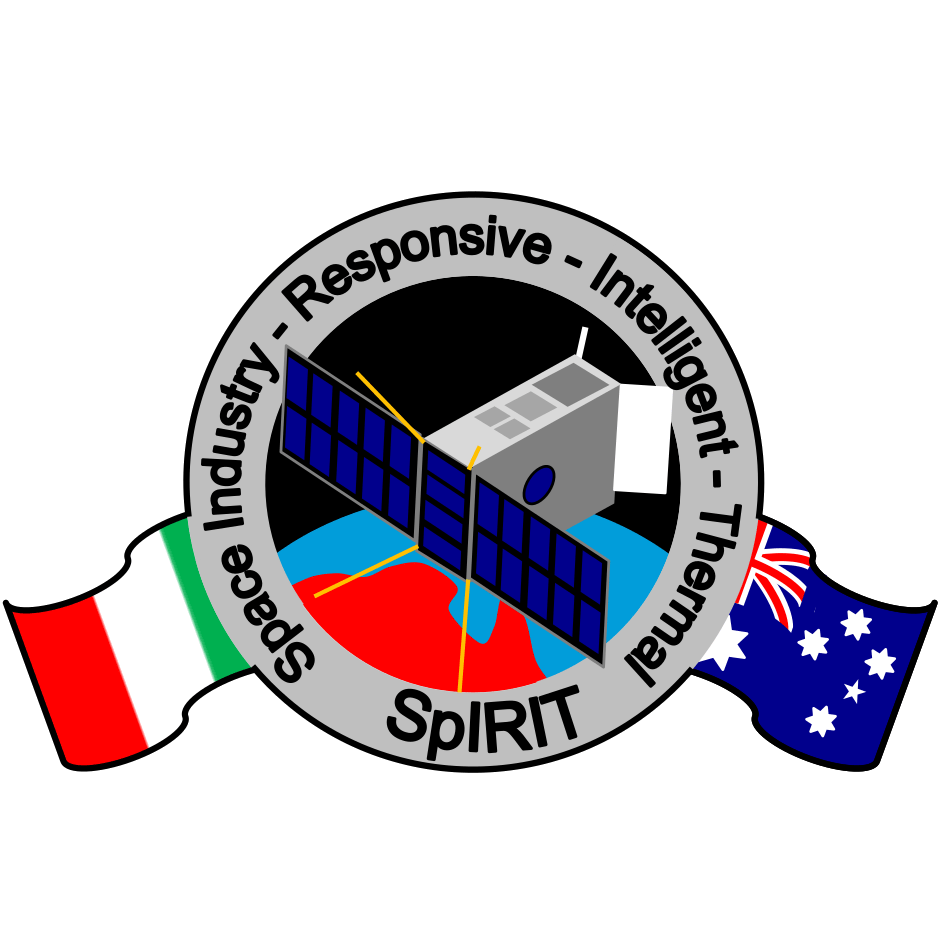Main Operations

The main mission segment is scheduled to begin, at longest approximately 4 months, after launch and last for approximately 16 months.
It consists of three distinct periods, with reviews between them:
- 4a – Payload Rehearsals: Period of rehearsals for each payload, ensures that all operations are tested before running on the spacecraft
- System Operational Readiness Review
- 4b – Stage 1 of main operations: Each payload will conduct their own experiments, in chunks of 4 weeks, alternating between HERMES, TheMIS and Mercury operations, and Thruster operations.
- Payload Operations Review
- 4c – Stage 2 of main operations: Each payload will continue to conduct their own experiments, resuming the cadence from 4b
TheMIS
The TheMIS module will carry out experimental operations to quantify the performance of the following:
- Cryocooler
- Radiators
- Thermal conduction materials
- Thermal rejection materials
HERMES
HERMES will observe multiple successive GRB events via X-ray detection. TheMIS will also be used here to test increasing the HERMES detector sensitivity under high-radiation environments.
Thruster
The Neumann Space Thruster performance will be quantified via thrusting against the spacecrafts orientation control during Stage 1, and by slowly changing the orbital phase in stage 2. Additionally, the Apogee platform’s EPS reliability will be tested under extremely high loads.
Mercury
Mercury will undertake a number of experiments to quantify the performance of commercial SATCOM networks in space, as well as optimal switching between the various SATCOM networks given transient operating conditions on-orbit.
Mercury will also demonstrate the autonomous modification of short-horizon scheduling without ground intervention.

Space Industry - Responsive - Intelligent - Thermal